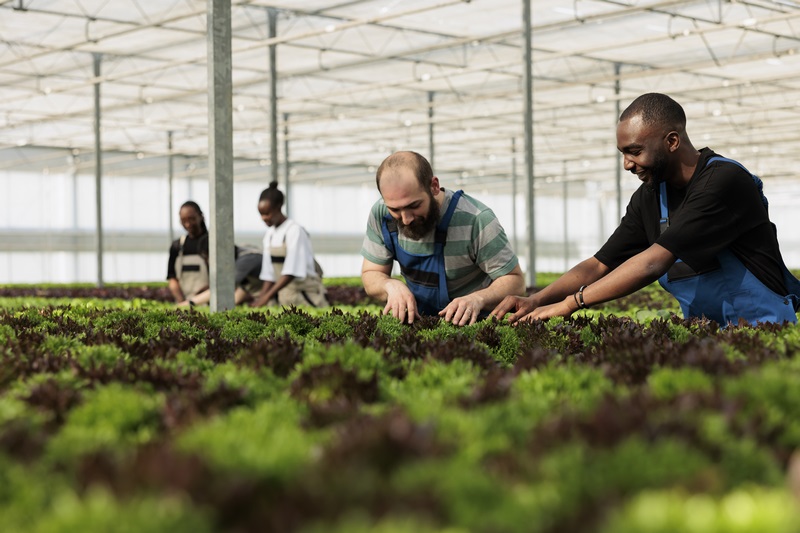Agriculture is one of South Africa’s most strategically important industries. It secures food systems, sustains rural livelihoods, and supports export competitiveness. To safeguard its future, the sector must rethink how it attracts and prepares talent. Too many young people still view farming as low-skilled manual labour. In reality, modern agriculture is a science- and technology-driven industry where soil analysis, sensor irrigation, biosecurity, and cold-chain logistics are everyday tools. If the sector highlights this transformation, it will appeal to a new generation of problem-solvers with STEM skills who are essential for long-term sustainability.
Pressures on Producers
South African producers face enormous challenges: water scarcity, crop disease, and infrastructure constraints all erode productivity. At the same time, they must remain globally competitive, meeting strict standards on quality and food safety. The solution lies in building a workforce with a mix of agronomy, soil science, agricultural engineering, mechanisation, data analysis, and post-harvest technology. Just as important are behavioural skills such as teamwork, communication, and resilience—qualities that enable young professionals to apply their technical knowledge effectively in complex conditions.
Learning in the Fields, Not Just the Classroom
The Afri Training Institute (ATI) is addressing this challenge through partnerships that link education with production realities. A prime example is the collaboration with Van Loveren Family Vineyards. Together they run a 12-month National Certificate in Plant Production (NQF Level 3), a credit-bearing learnership that blends classroom theory with practical training.
Learners gain experience in soil testing, crop selection, planting, pest monitoring, and harvesting. Entrepreneurship modules on budgeting, pricing, and routes to market prepare them for either employment or micro-enterprise. The first cohort, including youth with disabilities, trained at a special-needs school on productive plots. A second cohort has since been placed directly on a farm in Philippi, Cape Town, strengthening workplace integration.
Van Loveren reports clear benefits. Learners bring fresh ideas and practical capability into production, while farms gain motivated, better-prepared workers. HR Manager Anchané Koekemoer says the company’s goal is for every farm in its network to sponsor at least one learner, creating a sustainable pipeline of talent.
Why It Matters
This model works because training is contextual, continuous, and outcome-driven. It takes place onsite, aligned to local crop and compliance needs. Annual cohorts compound knowledge and peer learning. Graduates leave with qualifications, real work experience, and a pathway into either jobs or entrepreneurship. For producers, this means stronger yields, better soil and pest decisions, and improved team leadership. For communities, it creates visible, dignified opportunities that shift perceptions of agriculture from outdated stereotypes to a career of choice.
A Call to Action
Sandra Pretorius, General Manager at ATI, is clear about what is required: more employers sponsoring learners, more schools and TVET colleges linking STEM to agriculture, and more partnerships delivering training where people live and work.
If South Africa is to protect its food systems and rural economies, agriculture must present itself as an industry of science, innovation, and entrepreneurship. By investing in young talent today, the sector will cultivate the supervisors, technologists, and entrepreneurs needed to carry farming into the future.
